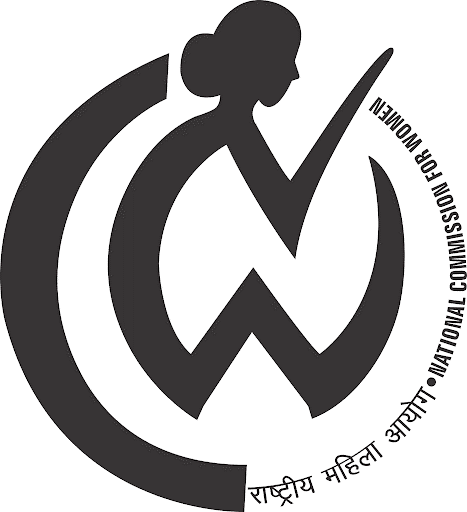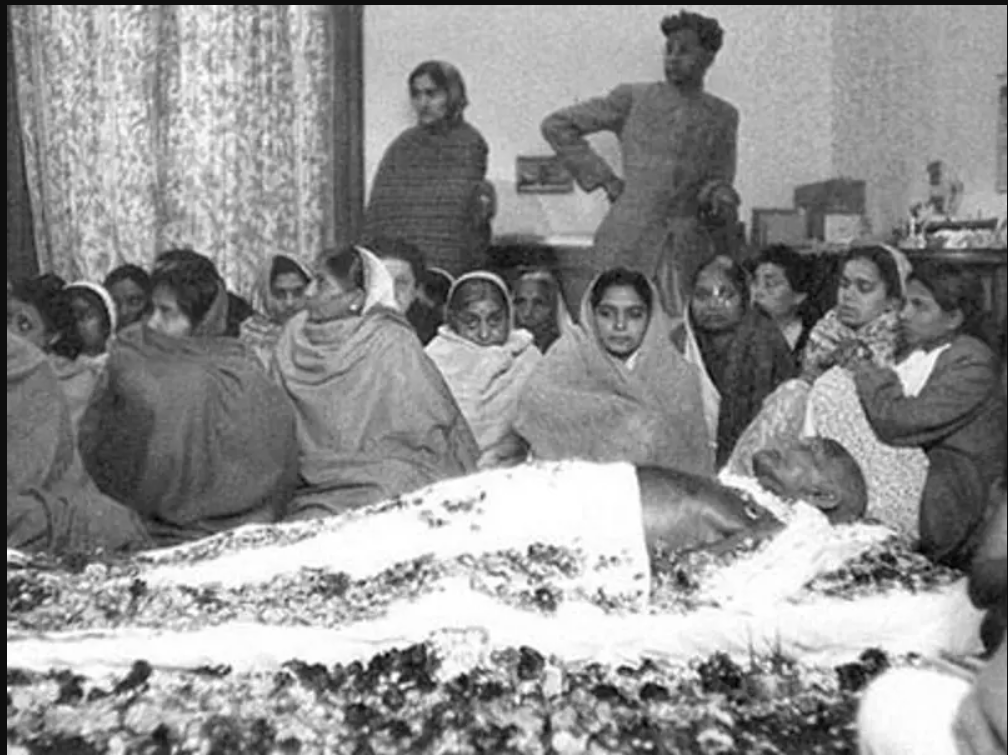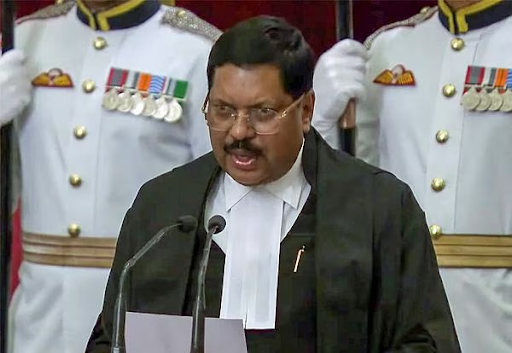Description

Disclaimer: Copyright infringement not intended.
Context
- Union Minister Smriti Irani addressed the 32nd foundation day event of the National Commission for Women.
- She praised the emergency response service provided by the NCW's 24x7 helpline for women.
- Over 700 One Stop Centres have been established across the country to assist women who have faced violence.
Details
One Stop Centre Scheme
- These centres are part of the Women and Child Development Ministry's scheme under the Nirbhaya Fund.
Objective:
- The One Stop Centre (OSC) Scheme aims to provide integrated support and assistance to women affected by violence, both in private and public spaces, under one roof.
- It seeks to facilitate immediate access to a range of services, including medical, legal, psychological, and counseling support, to combat all forms of violence against women.
Target Group:
- The OSC will support all women affected by violence, without any discrimination based on caste, class, religion, region, sexual orientation, or marital status.
Services offered in OSCs:
- Emergency Response and Rescue Services:
- OSC will provide rescue and referral services to women affected by violence, coordinating with existing mechanisms such as National Health Mission, police (PCR Van), and 108 services.
- Linkages will be established for immediate rescue, referral to medical facilities, or shelter homes.
- Medical Assistance:
- Referral of women affected by violence to the nearest hospital for medical aid/examination following guidelines and protocols set by the Ministry of Health and Family Welfare.
- Assistance in Lodging FIR/NCR/DIR:
- Support provided to women in lodging First Information Reports (FIR), Non-Cognizable Reports (NCR), or Domestic Incident Reports (DIR).
- Psycho-social Support/Counseling:
- Skilled counselors available on call to provide psycho-social counseling services, offering confidence and support to address violence or seek justice.
- Adherence to a prescribed code of ethics, guidelines, and protocols in counseling services.
- Legal Aid and Counseling:
- Provision of legal aid and counseling at OSC through empanelled lawyers or National/State/District Legal Service Authority.
- Aggrieved women provided with an advocate of their choice to simplify legal procedures and advocate for exemptions from court hearings.
- Shelter:
- OSC provides temporary shelter to aggrieved women, with long-term arrangements made with Swadhar Greh/Short Stay Homes for extended shelter needs.
- Temporary shelter available for a maximum period of 5 days, subject to the discretion of the Centre Administrator.
- Video Conferencing Facility:
- OSC offers video conferencing facilities for police and court proceedings to ensure speedy and hassle-free legal processes.
- Aggrieved women can record statements from OSC using audio-video electronic means, facilitating compliance with legal procedures.
.jpg)
Accessing One Stop Centre:
A woman affected by violence can access the OSC in the following ways:
-
- Through any person, including public-spirited citizens, public servants, relatives, friends, NGOs, volunteers, etc.
- Through Women Helpline integrated with police, ambulance, and other emergency response helplines.
Upon registering a complaint, a text message will be sent to relevant authorities, and a Unique ID Number will be generated for tracking and monitoring.
Implementing Agency:
- State Government/UT Administration.
Background:
- The Ministry of Women and Child Development formulated the One Stop Centre Scheme (popularly known as Sakhi) under the Umbrella Scheme for the National Mission for Empowerment of Women, including the Indira Gandhi Mattritav Sahyaog Yojana.
- The scheme has been in effect since April 1, 2015, and, as of 2022-23, it is subsumed into the Sambal sub-scheme of Mission Shakti.
Achievements:
- Approximately 8.3 lakh women have received assistance through the One Stop Centres.
- The initiative addresses the diverse needs of women facing violence by providing comprehensive support services.
Overview of the National Commission for Women
Background:
- The National Commission for Women (NCW) was established as a statutory body in January 1992 under the National Commission for Women Act, 1990.
- Its primary objectives include reviewing constitutional and legal safeguards for women, recommending legislative measures, facilitating grievance redressal, and advising the government on policy matters affecting women.
Brief History:
- The idea of setting up an apex body for women was recommended by the Committee on the Status of Women in India (CSWI) nearly two decades ago.
- The National Perspective Plan for Women (1988-2000) and successive committees emphasized the need for such a commission.
- Consultations were held in 1990 with NGOs, social workers, and experts regarding the structure and functions of the proposed commission.
- The Bill was introduced in the Lok Sabha in May 1990 and underwent amendments to empower the commission further.
- The Bill received the President's assent on August 30, 1990.
- The first commission was constituted on January 31, 1992, with Mrs. Jayanti Patnaik as the Chairperson, followed by subsequent commissions with different chairpersons.
Mandate of the Commission (Section 10, National Commission for Women Act, 1990):
- Investigation and Examination:
- Investigate and examine matters related to the safeguards provided for women under the Constitution and other laws.
- Reporting:
- Present annual reports to the Central Government on the working of women's safeguards.
- Make recommendations for the effective implementation of safeguards and improving women's conditions.
- Review and Recommend Amendments:
- Review existing provisions of the Constitution and other laws affecting women.
- Recommend amendments to address lacunae, inadequacies, or shortcomings.
- Address Violations:
- Take up cases of violations of constitutional and legal provisions for women.
- Handling Complaints:
- Look into complaints related to the deprivation of women's rights.
- Take suo moto notice of matters concerning women's rights, non-implementation of laws, non-compliance with policy decisions, and related issues.
- Special Studies and Investigations:
- Call for special studies or investigations into specific problems or situations related to discrimination and atrocities against women.
- Research and Promotion:
- Undertake promotional and educational research.
- Suggest ways to ensure due representation of women in all spheres.
- Advisory Role:
- Participate and advise on the socio-economic development planning for women.
- Evaluate the progress of women's development under the Union and any State.
- Inspections:
- Inspect jails, remand homes, women's institutions, or other places of custody where women are kept.
- Take up remedial action if necessary.
- Legal Support:
- Fund litigation involving issues affecting a large body of women.
- Periodical Reports:
- Make periodical reports to the Government on matters pertaining to women.
- Any Other Matters:
- Address any other matter referred to it by the Central Government.
Reporting to Parliament:
- The Commission's reports are laid before each House of Parliament by the Central Government.
- If a report relates to a State Government, a copy is forwarded to that State Government, and it is laid before the Legislature of the State.
Investigative Powers:
- While investigating matters, the Commission has the powers of a civil court, including summoning and enforcing attendance, requiring document production, receiving evidence on affidavits, requisitioning public records, and issuing commissions for witness examination.

Composition of the National Commission for Women:
Section - 3: National Commission for Women Act, 1990
- Constitution of the Commission:
- The Central Government is mandated to constitute a body known as the National Commission for Women.
- Composition of the Commission:
- The Commission shall consist of the following members:
- A Chairperson, nominated by the Central Government, who is committed to the cause of women.
- Five Members, nominated by the Central Government, selected from individuals with expertise, integrity, and standing in areas such as law or legislation, trade unionism, management of an industry with a potential focus on women, women's voluntary organizations (including women activists), administration, economic development, health, education, or social welfare.
- It is specified that at least one Member from each category shall be from among persons belonging to the Scheduled Castes and Scheduled Tribes.
- Member-Secretary:
- The Commission shall have a Member-Secretary, nominated by the Central Government, who must be:
- An expert in the field of management, organizational structure, or sociological movement; or
- An officer who is a member of a civil service of the Union or an all-India service or holds a civil post under the Union with appropriate experience.
|
PRACTICE QUESTION
Q. Critically evaluate the functioning and effectiveness of National Women Commission in India. (250 Words)
|














